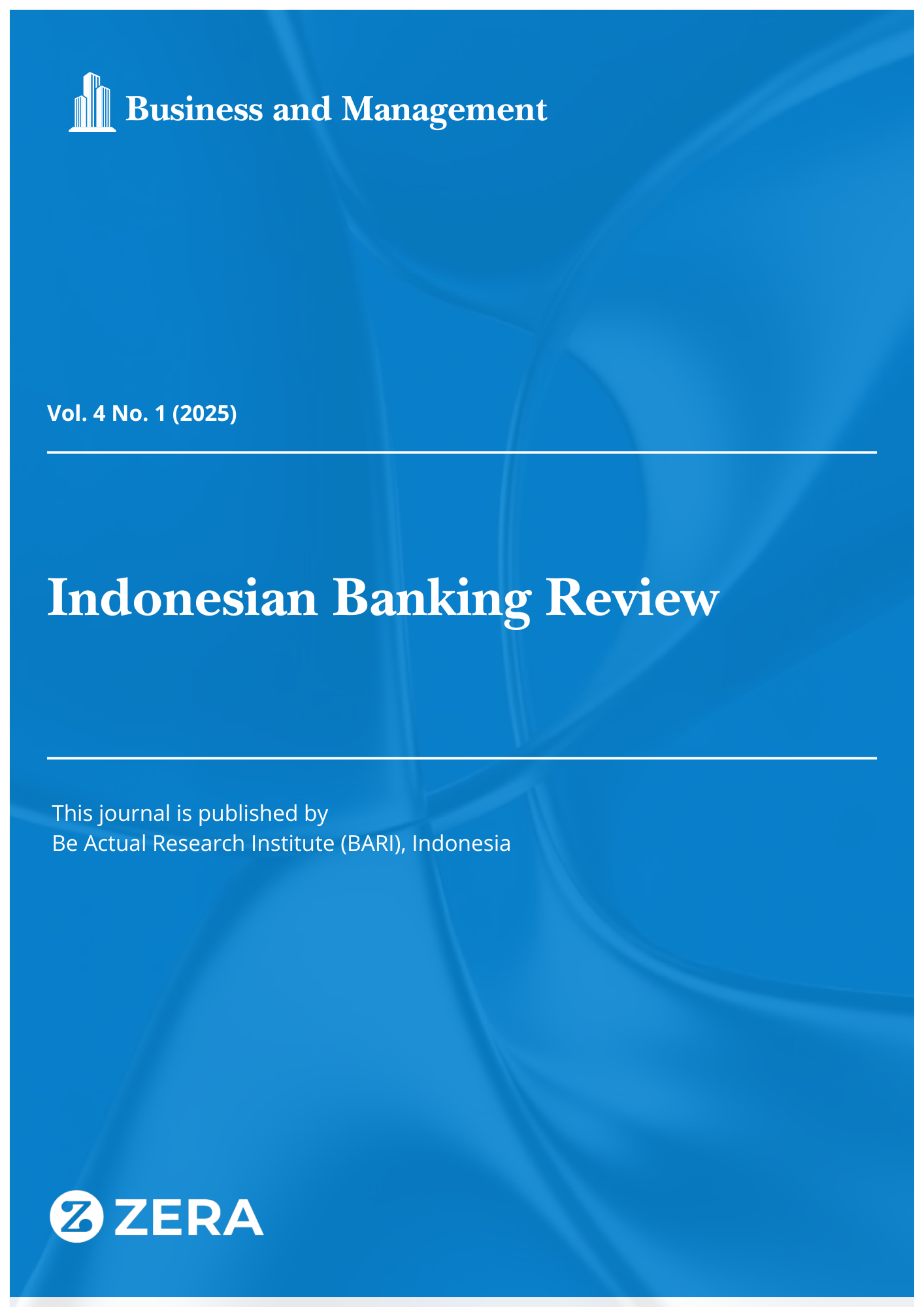Keywords:
Banking, Digital Payments, Financial Inclusion, Fintech, P2P LendingAbstract
Fintech (Financial Technology) has reshaped the global financial ecosystem by introducing a wide range of technology-based services that surpass traditional banking in terms of convenience, efficiency, and accessibility. Through innovations such as digital payments, peer-to-peer (P2P) lending, mobile-based platforms, and artificial intelligence-driven asset management, fintech has opened new pathways to strengthen financial inclusion, particularly among low-income groups, micro-enterprises, and communities in remote areas that were previously underserved by conventional banking institutions. This study adopts a library research method to analyze the interplay between fintech and banking in advancing financial inclusion and to evaluate its broader consequences for financial stability, efficiency, and long-term sustainability. Findings from recent literature suggest that fintech not only bridges the service gaps left by traditional banks but also expands credit access, enhances transactional speed, lowers costs, and fosters inclusive economic growth. However, its rapid growth simultaneously introduces challenges such as regulatory uncertainty, consumer protection issues, data security risks, and the threat of digital exclusion for those lacking internet access or technological literacy.


